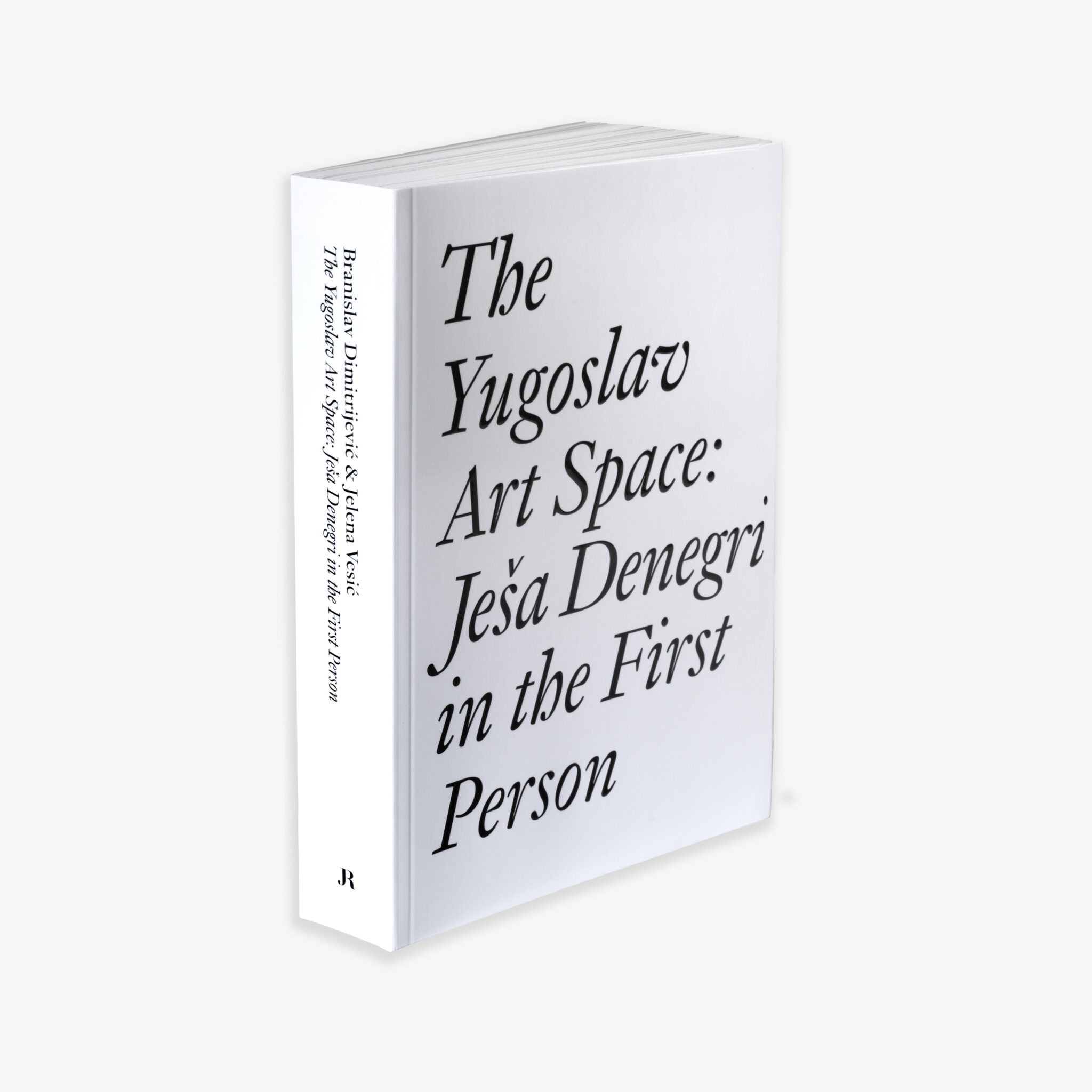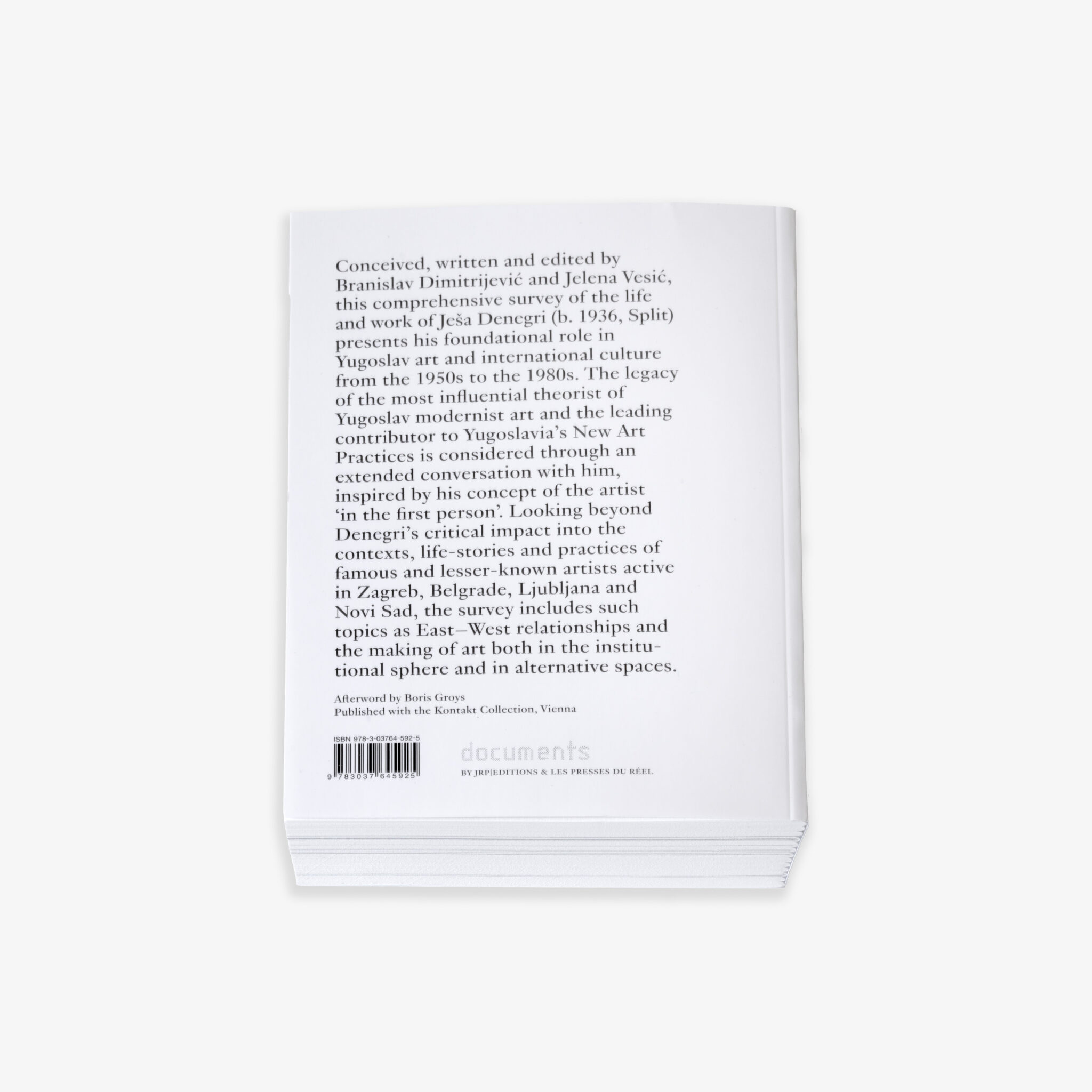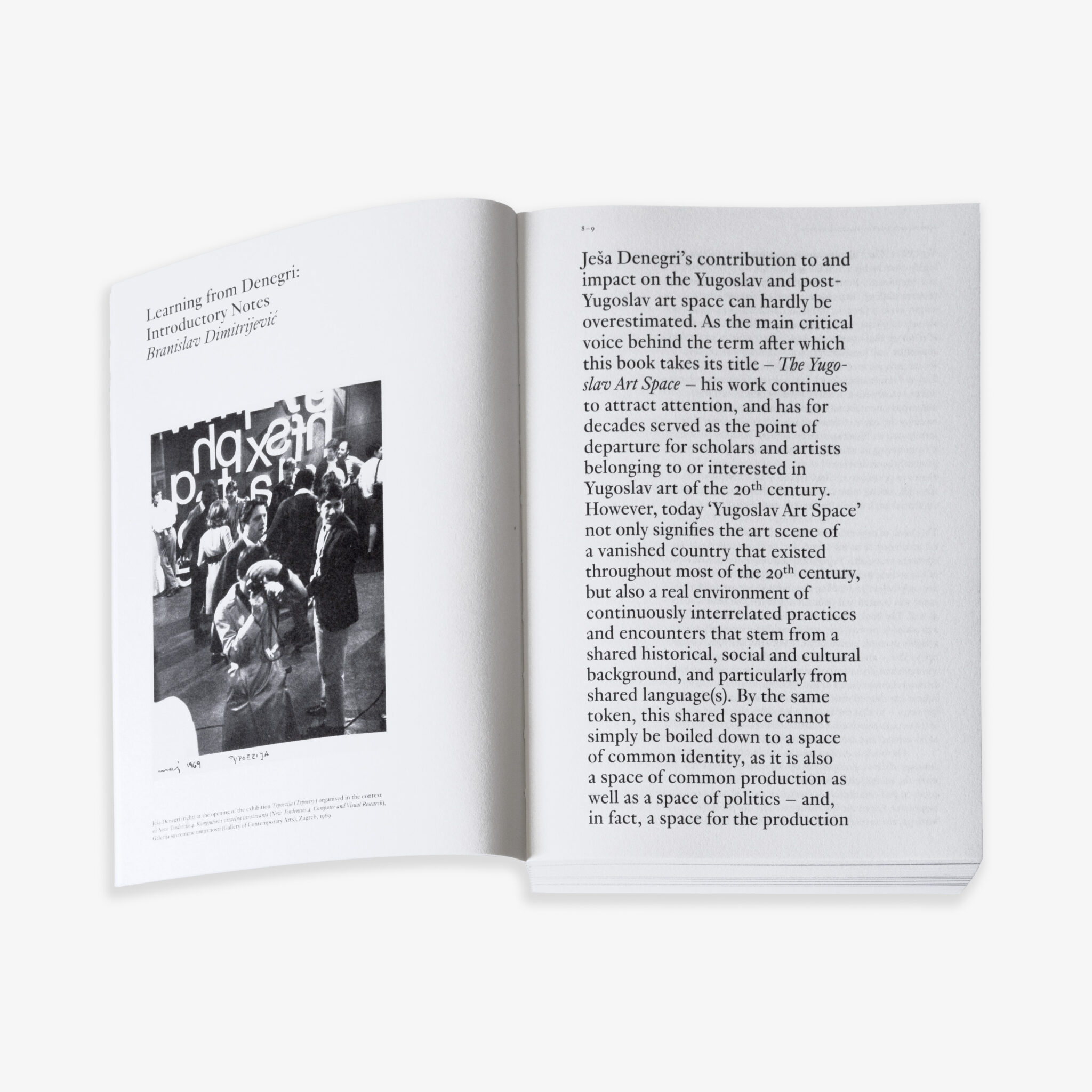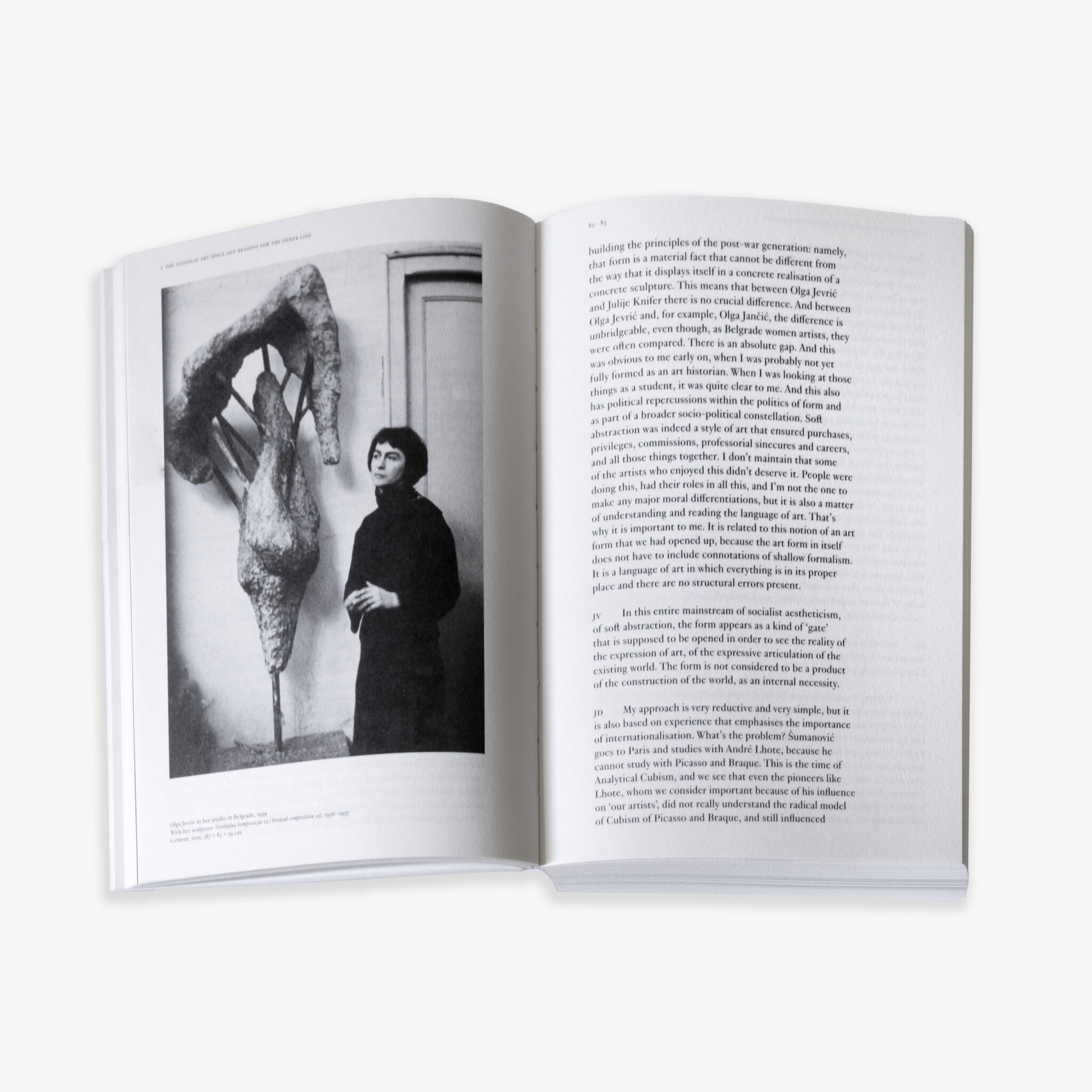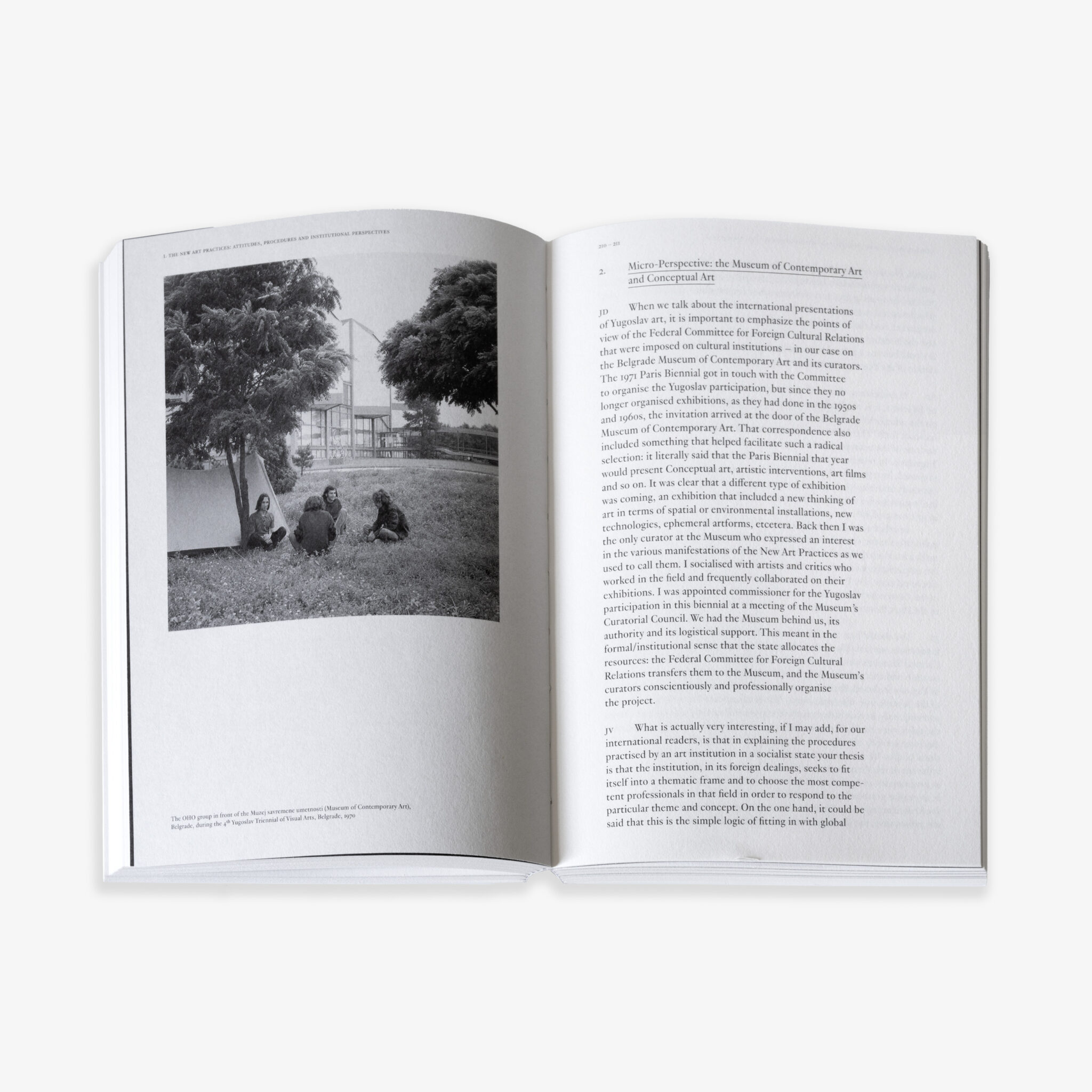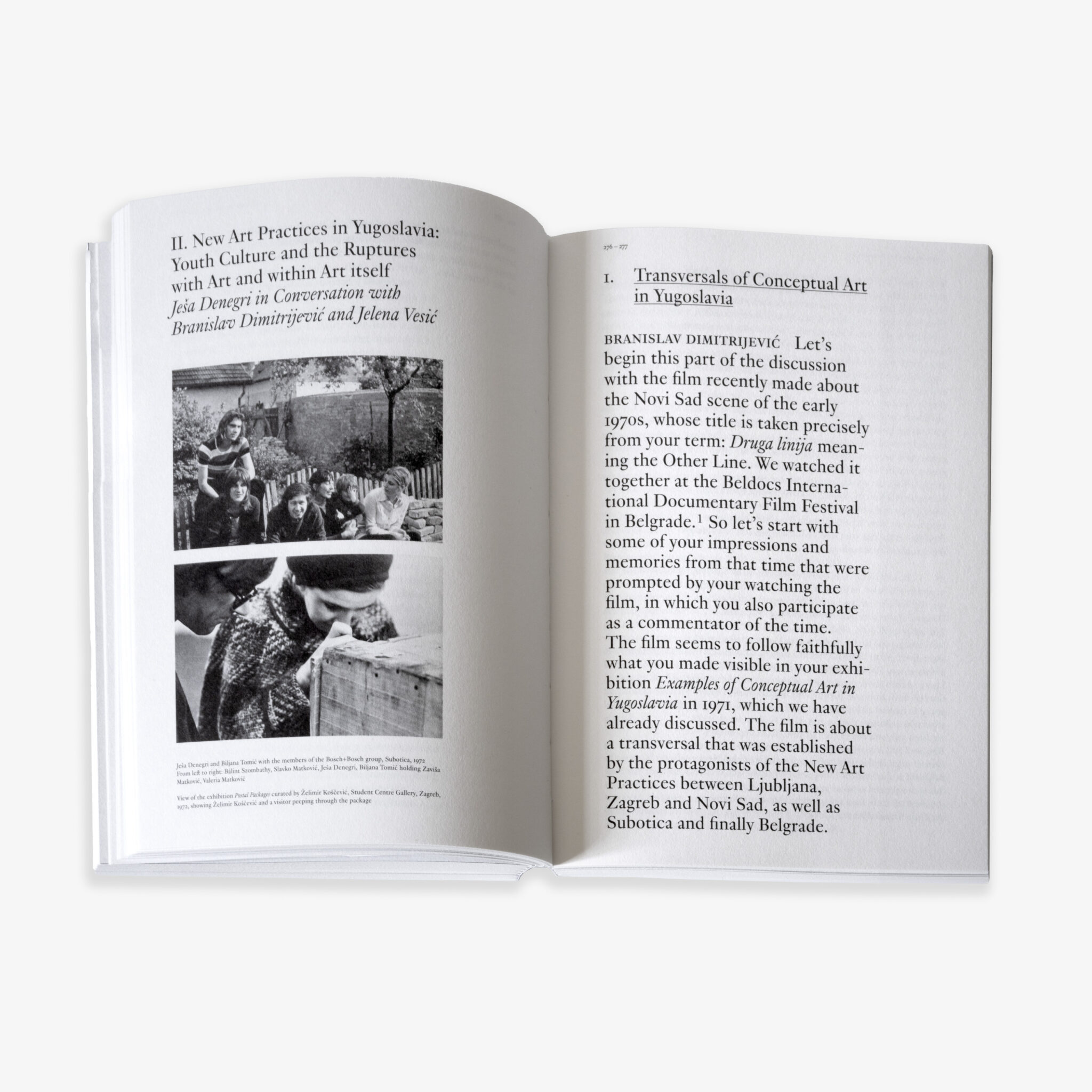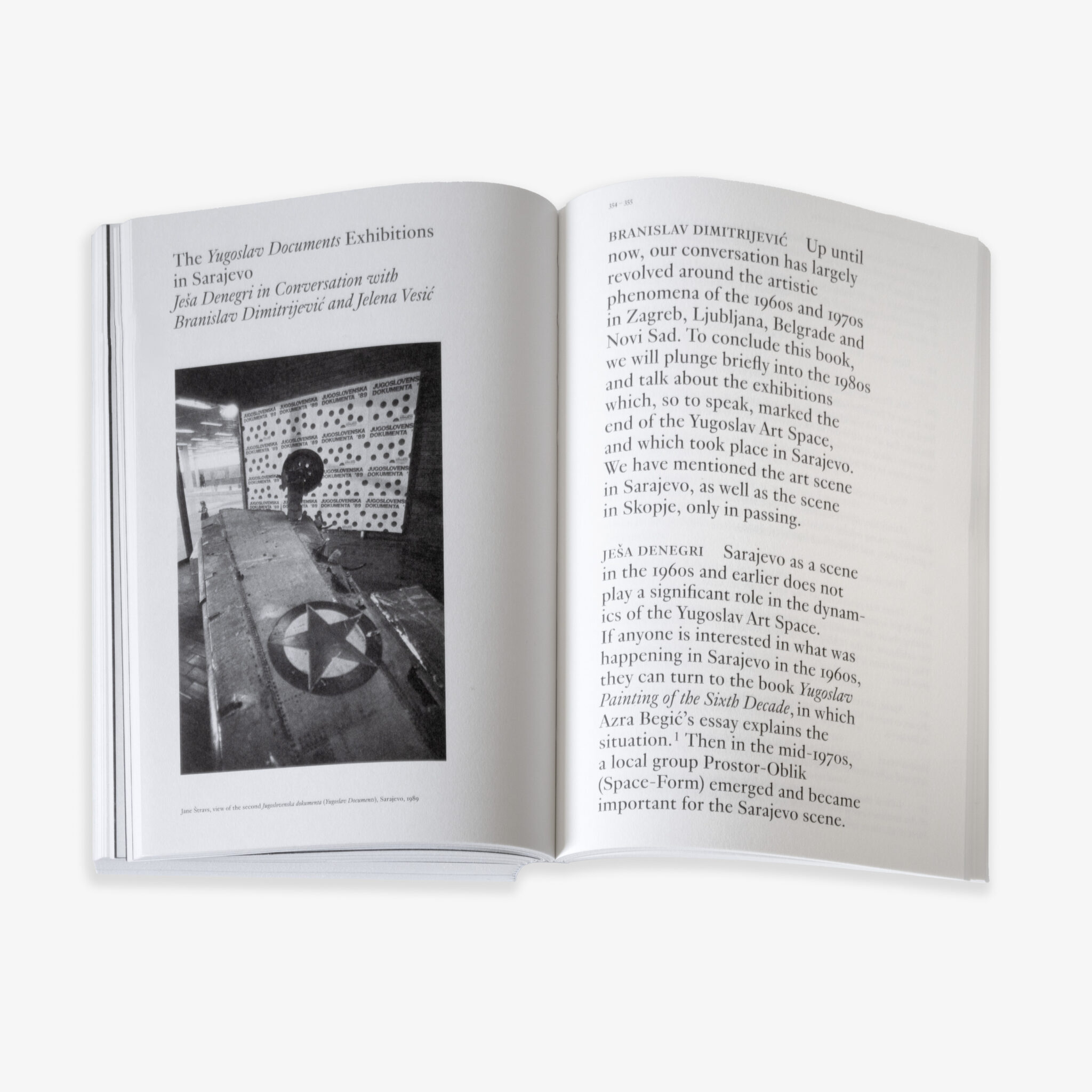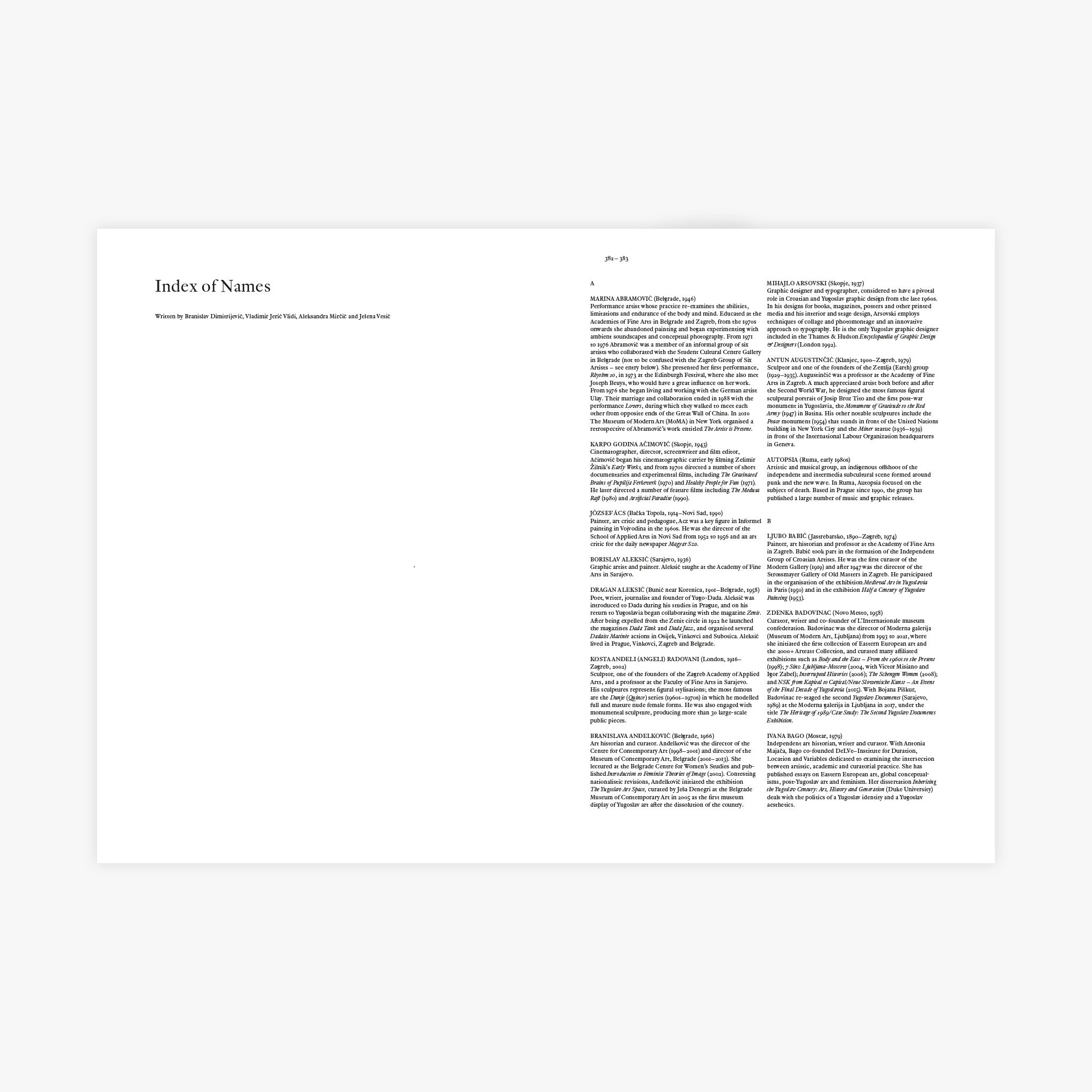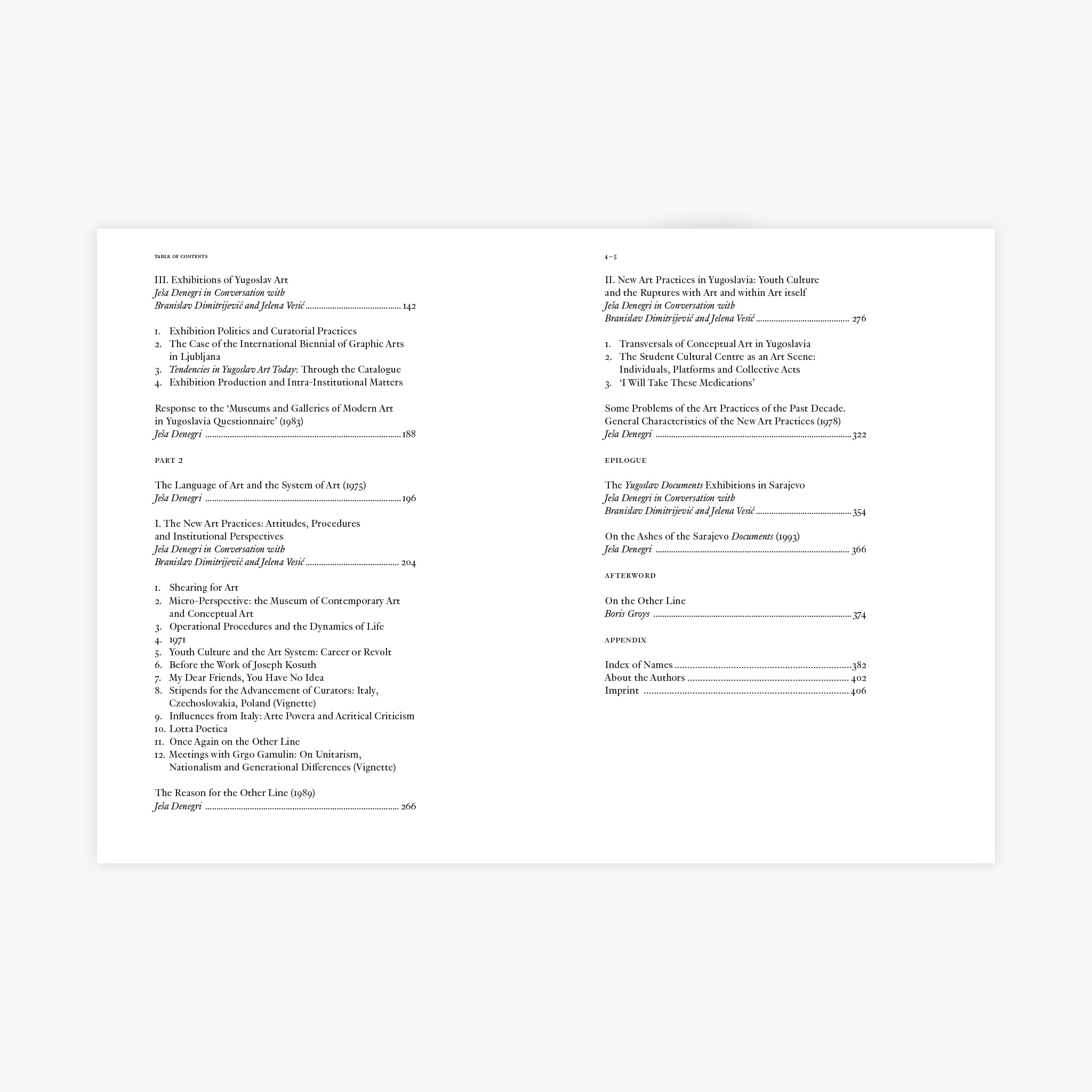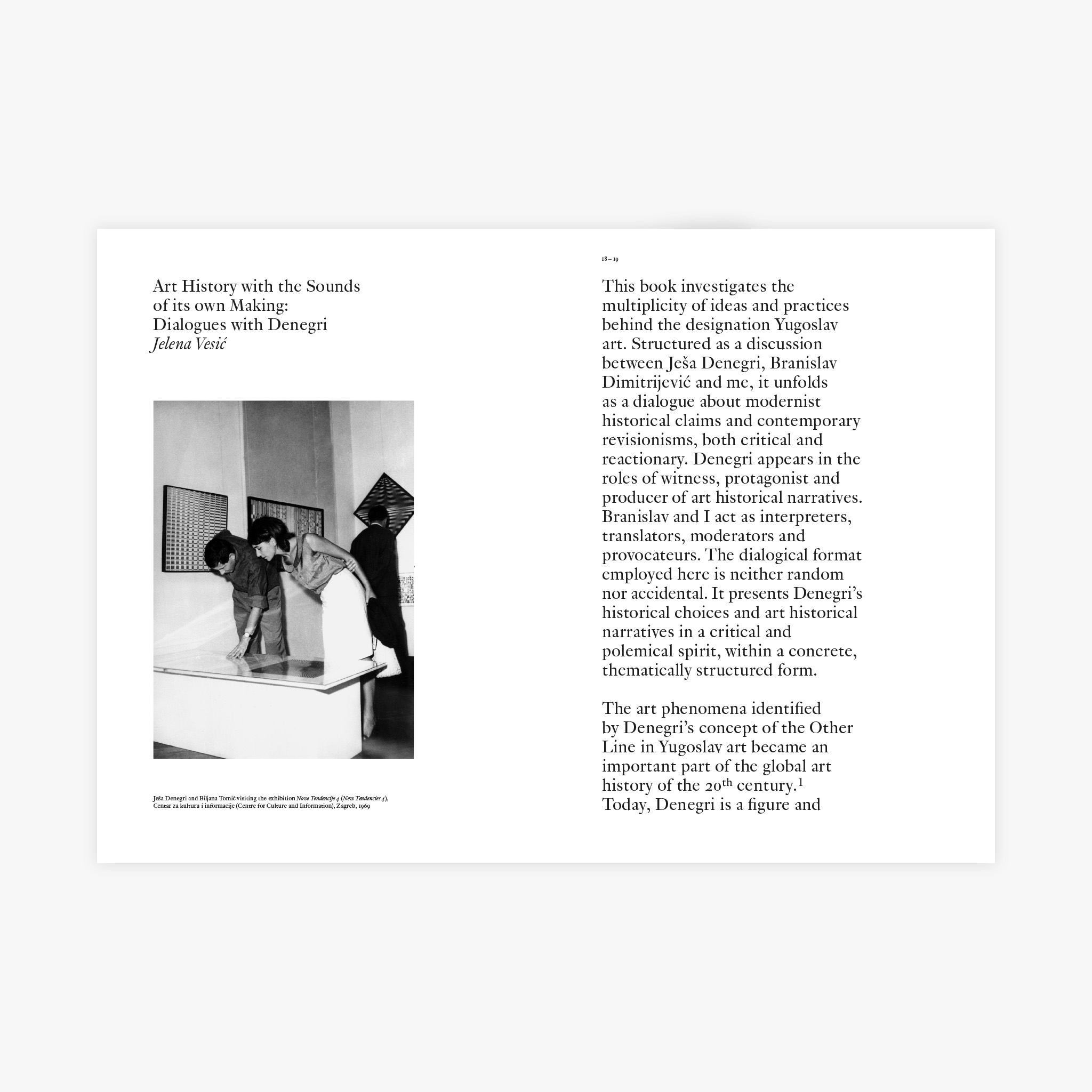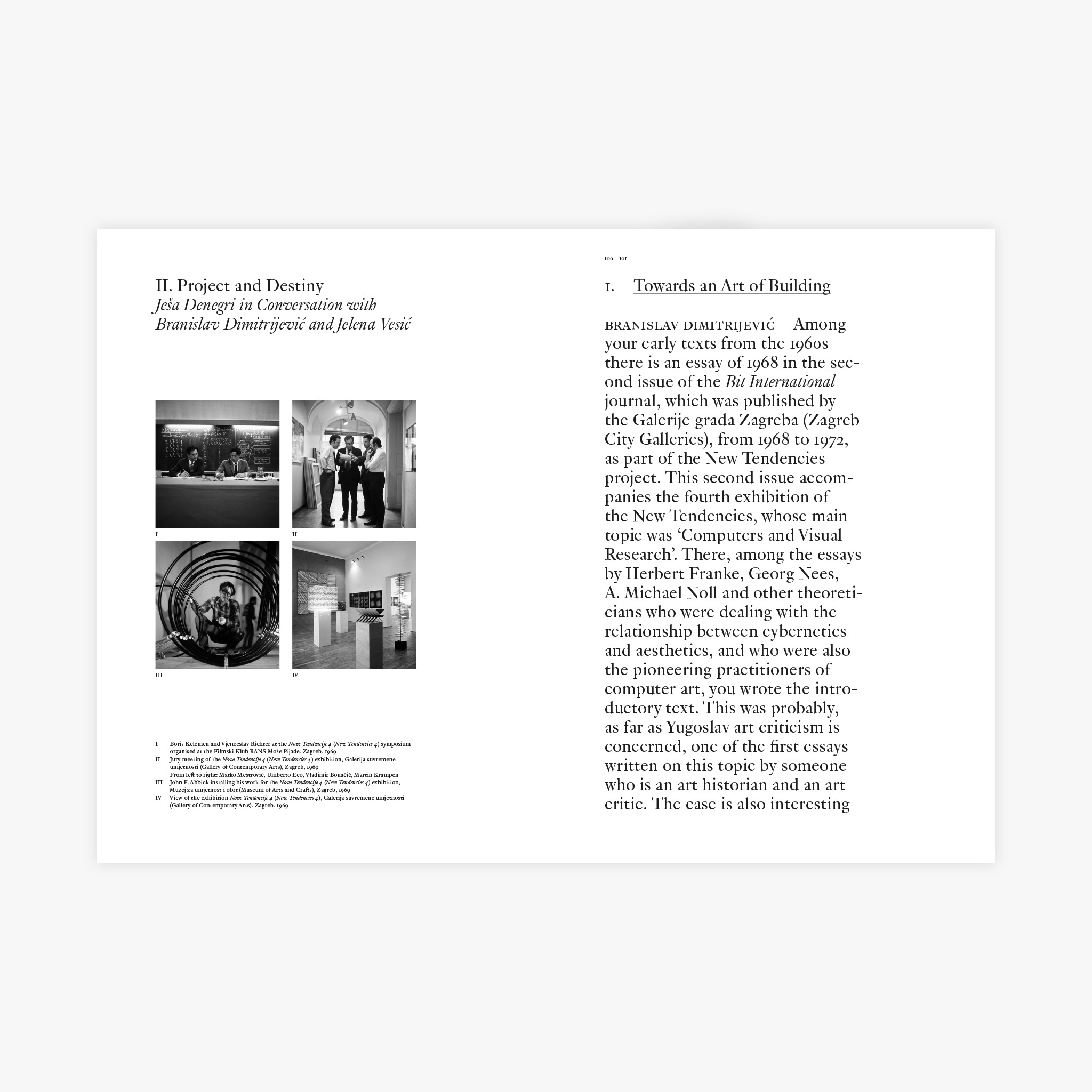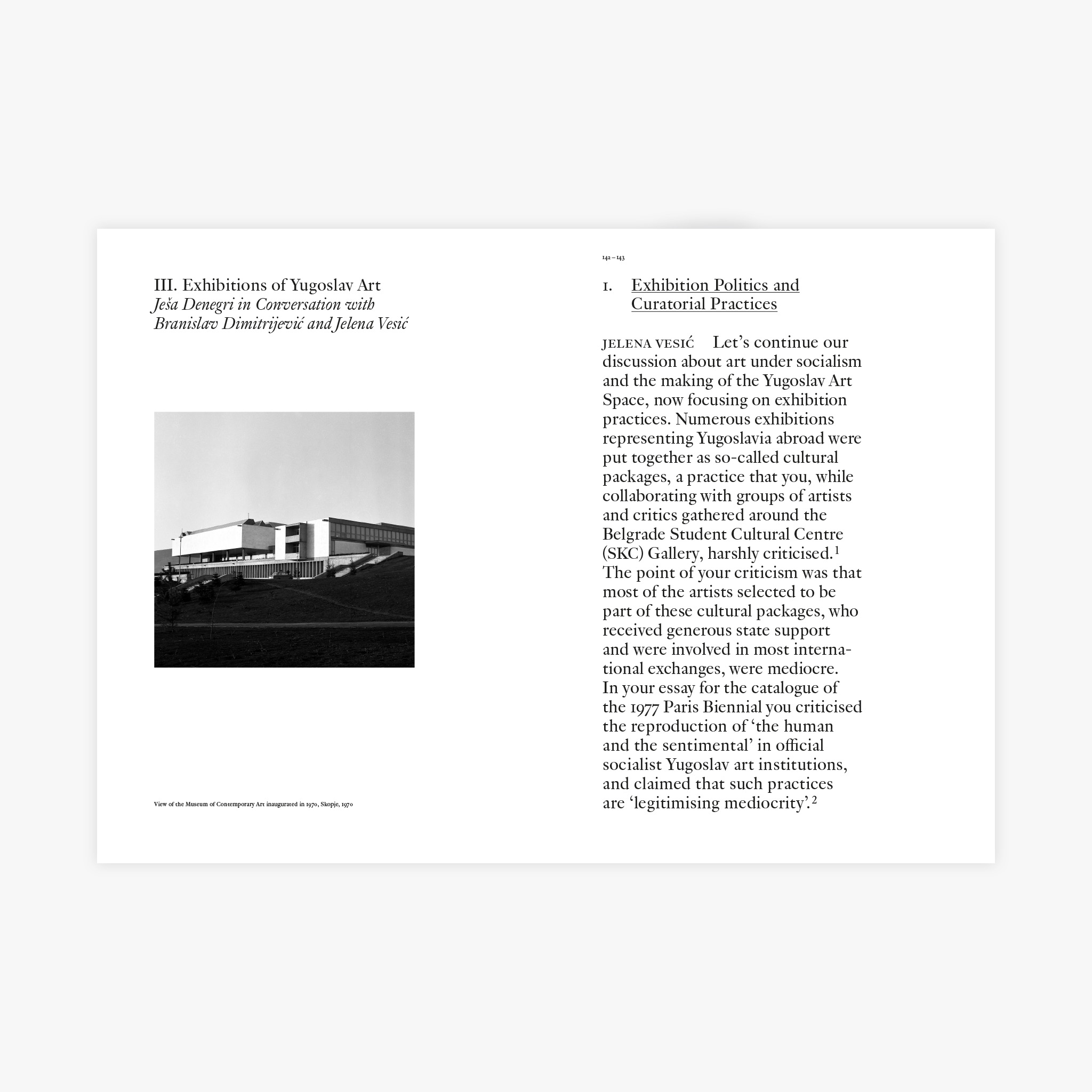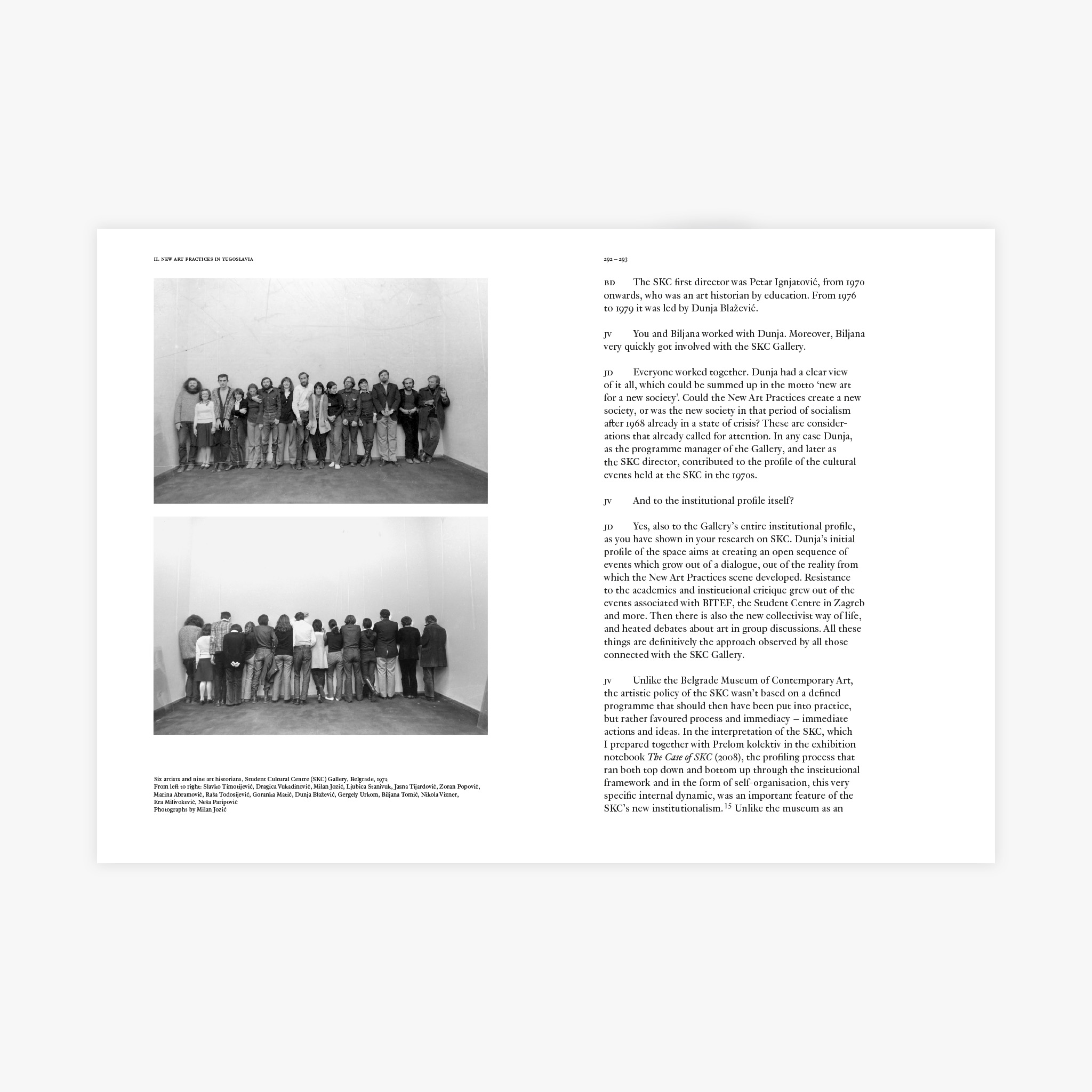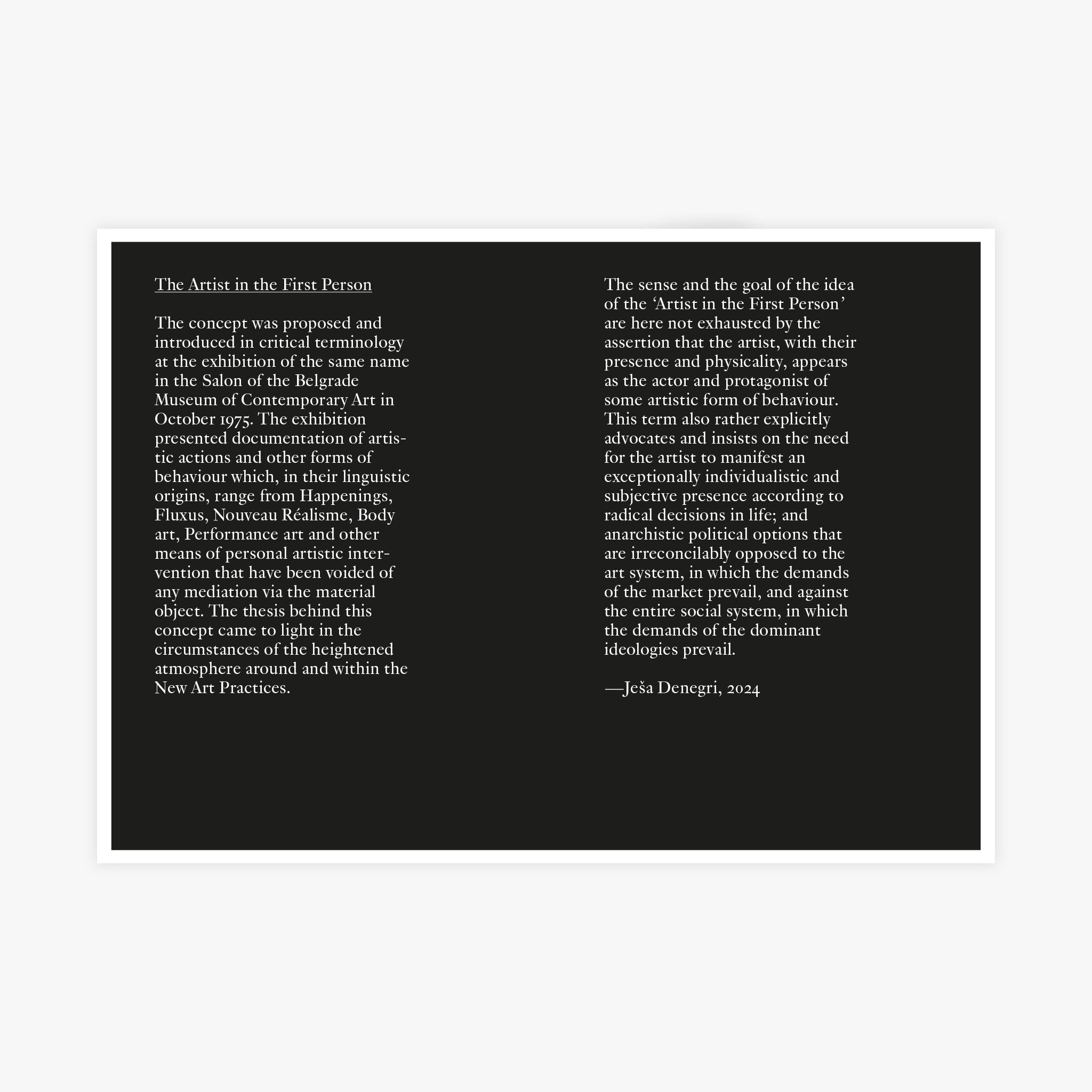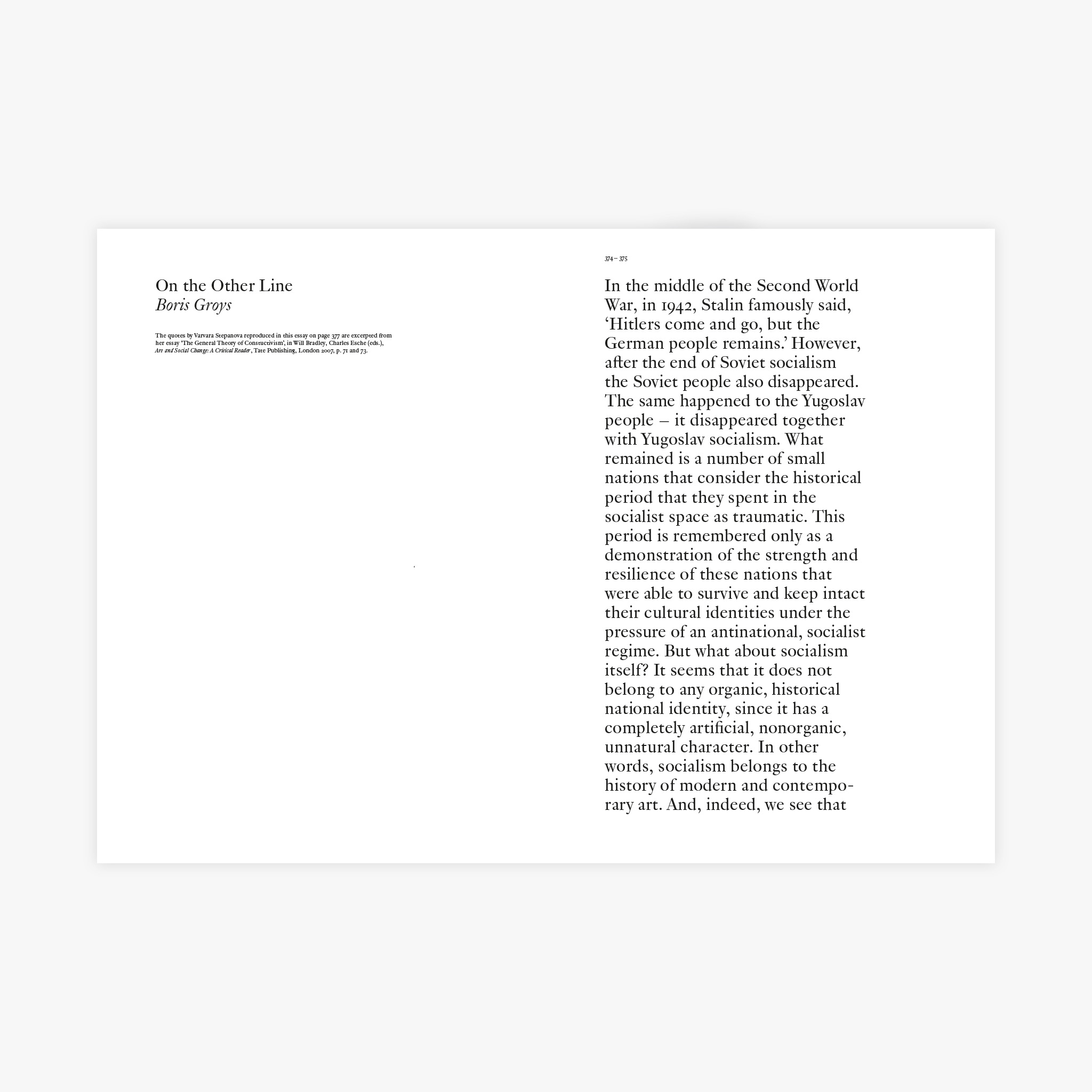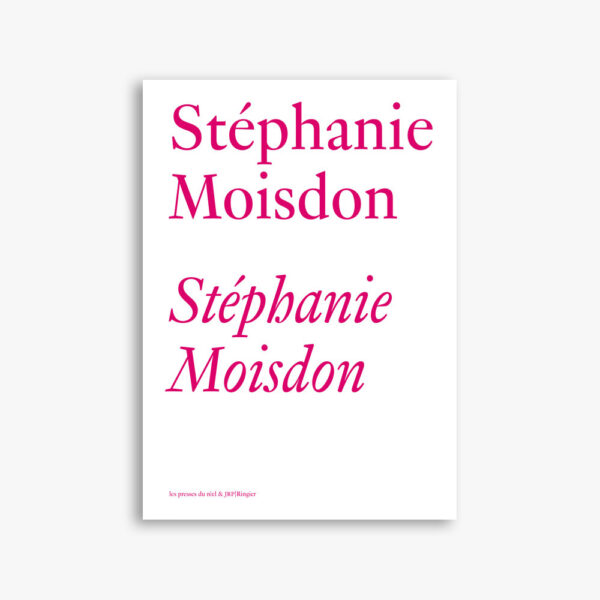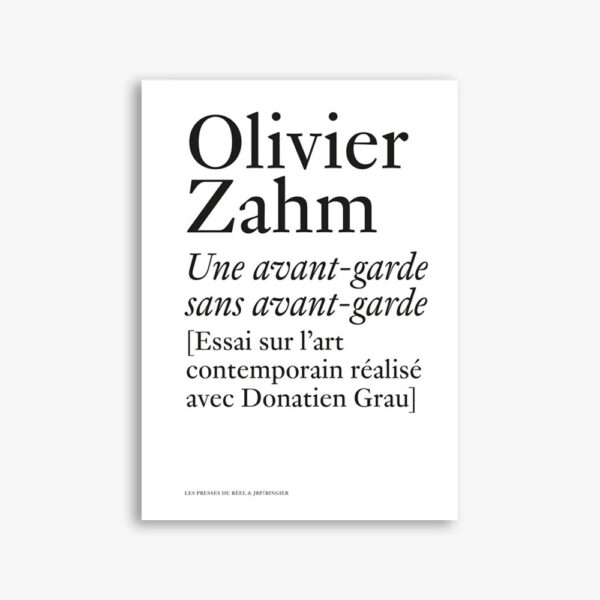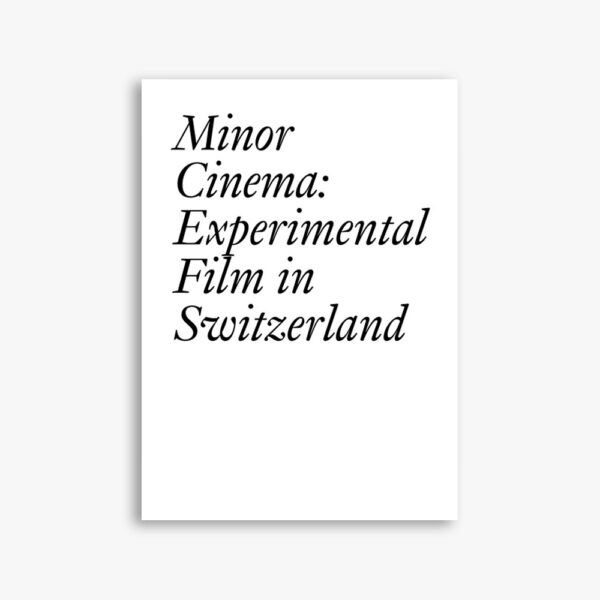| ISBN : | 978-3-03764-592-5 |
|---|---|
| Publication : | September 2024 |
Ješa Denegri (b. 1936, Split, now Croatia, lives in Belgrade, Serbia) is the most influential historian and theorist of Yugoslav modernist art of the 1950s and 1960s, and the leading authority and critical contributor to the engaging “new artistic practice” in Yugoslavia in the 1970s. Most scholars dealing with Yugoslav art have been prompted by his writings and notions such as the “New Yugoslav Artistic Practice,” and most leading artists from the period have been firstly interpreted by Denegri. Yet, despite the recent international interest in Yugoslav modernist and conceptual art, his critical writings and curatorial work have still remained in relative obscurity.
This volume aims at positioning Denegri’s foundational role in the overall narrative about Yugoslav art, and its role within international 20th century art and culture. It not only offers an introduction to Denegri’s views and personality, but also contributes to a better understanding of modern and conceptual artistic practices in Yugoslavia. The backbone of the book is an extended conversation with Denegri that looks beyond his critical impact and into backgrounds, contexts, and life-stories within the artistic circles of Belgrade, Zagreb, Ljubljana, and Novi Sad in the 1960s–1970s. The work of the most influential artists and artistic groups in Yugoslavia—Mangelos, OHO Group, Tom Gotovac, Mladen Stlinović, Marina Abramović, Raša Todosijević, Sanja Iveković, Braco Dimitrijević—and others lesser-known by the international audience such as Radomir Damnjanović and Goran Trbuljak, are widely discussed. Among other topics are East–West relationships and the making of art in the institutional sphere and alternative spaces. Denegri’s concept of the “artist in the first person,” created to name the modes of dematerialization of the art object and performative practices directly addressed to the audience has inspired the conversational approach of the publication, which is based on extensive interviews with Denegri and a “speech in the first person” method.
Conceptualised, written, and edited by Branislav Dimitrijević and Jelena Vesić, this first comprehensive survey of Ješa Denegri’s life and work also features a postface by key German thinker and art critic Boris Groys.
Published with Kontakt Collection, Vienna, this book is part of the Documents series, co-published with Les presses du reel and dedicated to critical writing.

